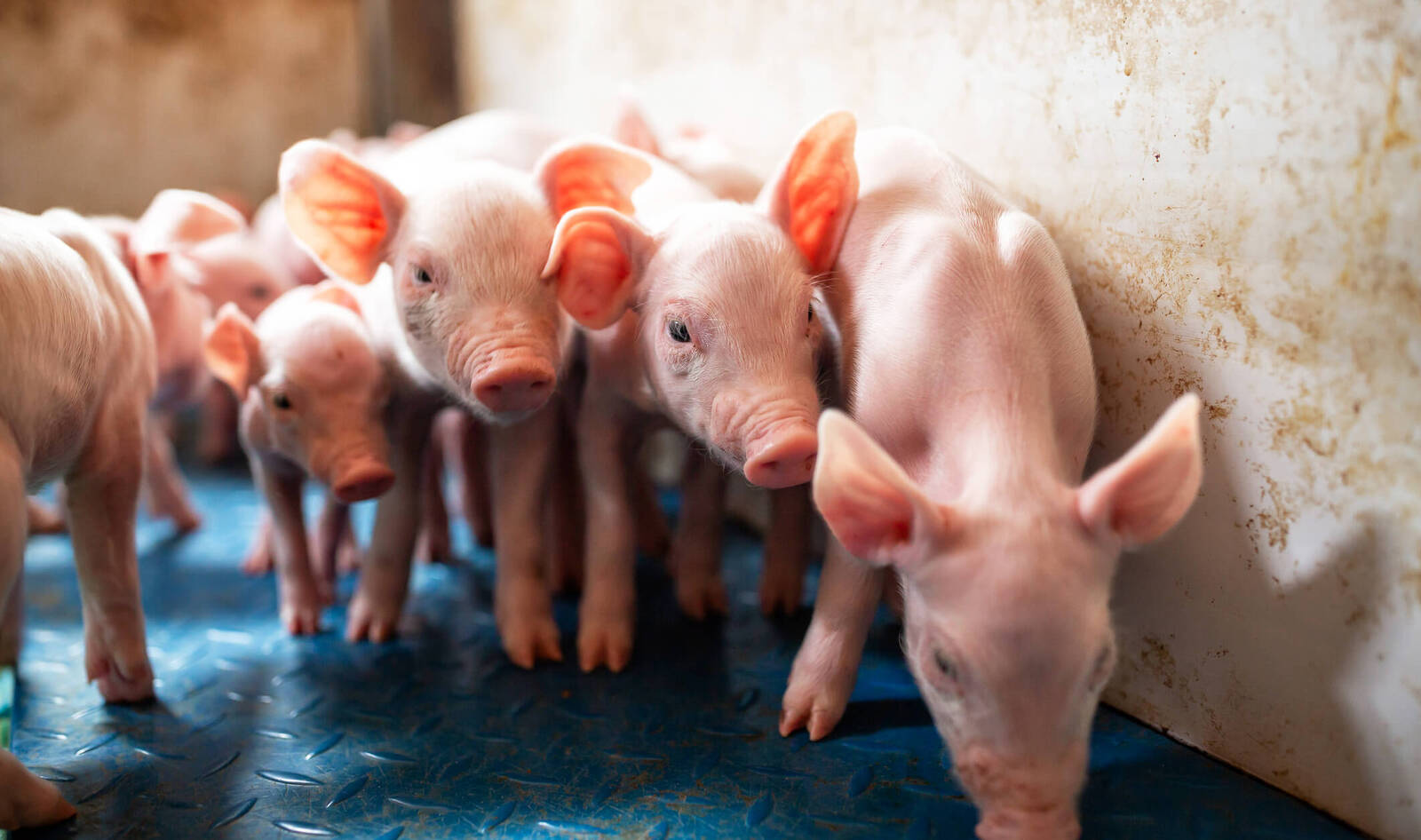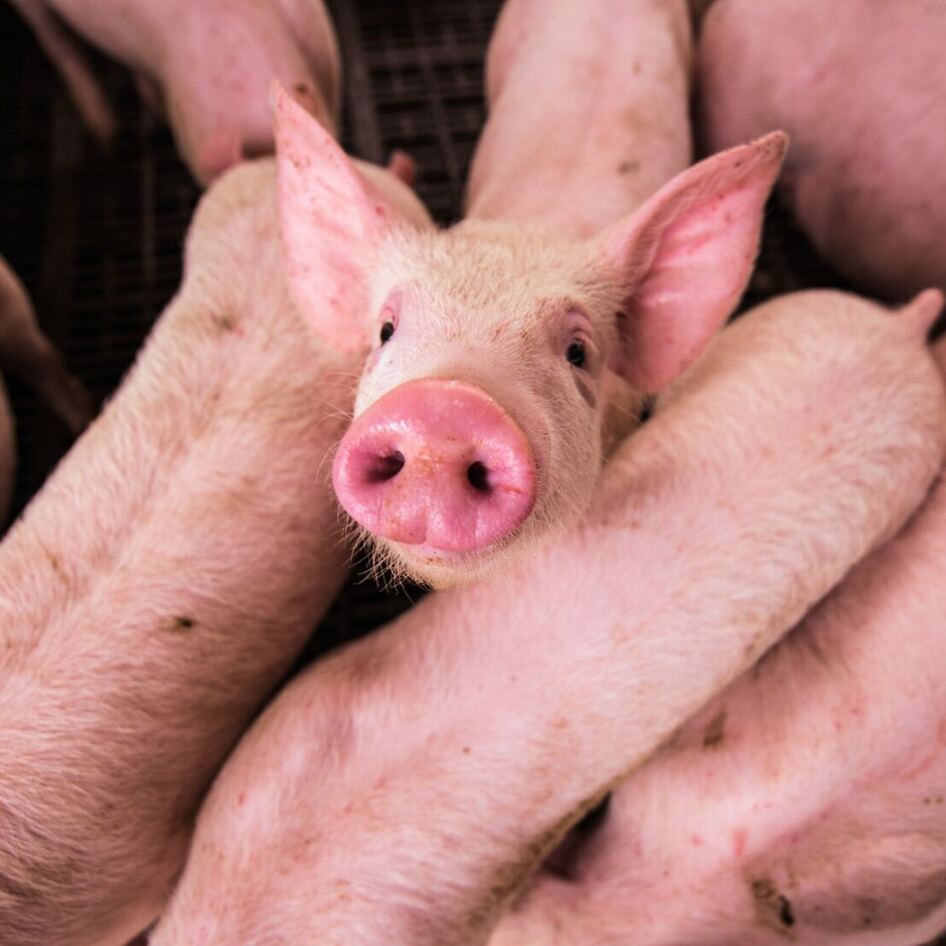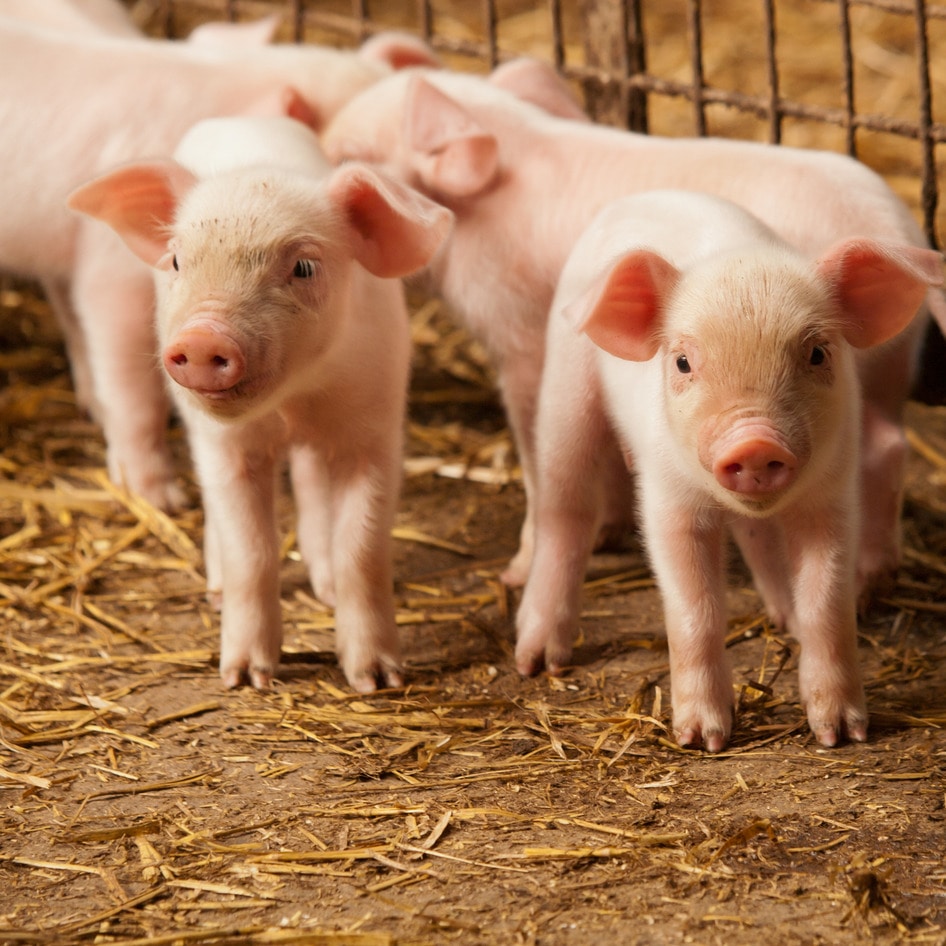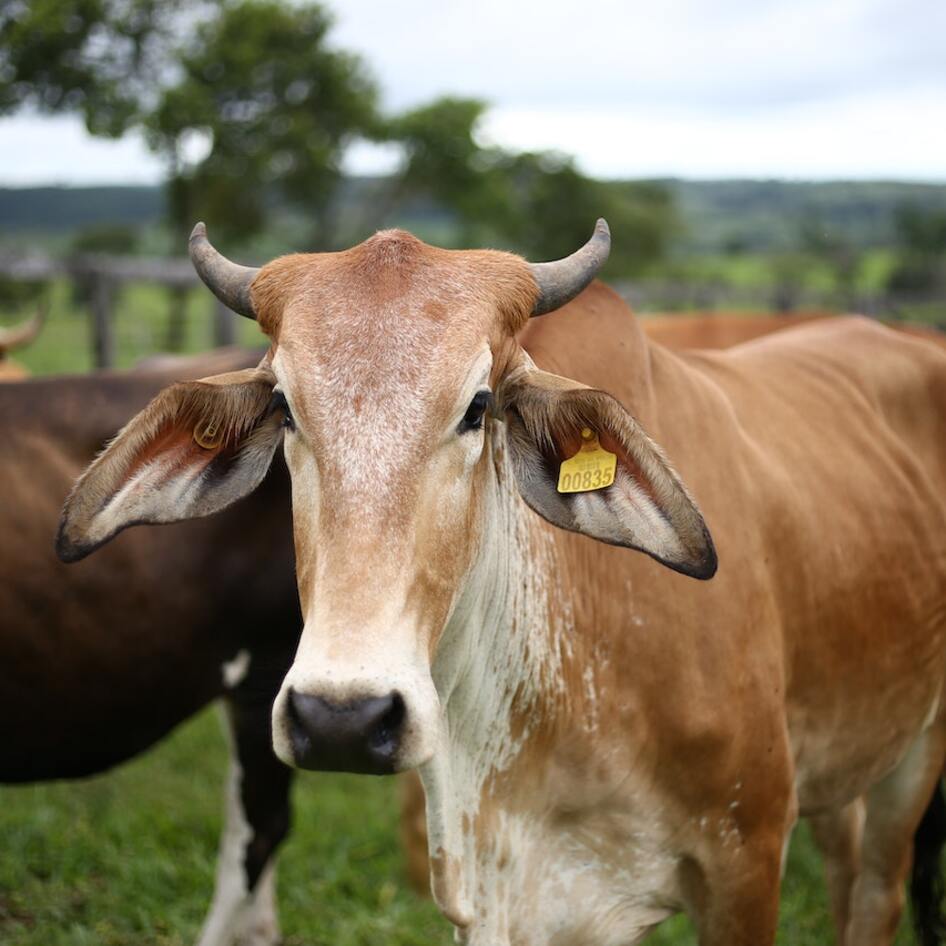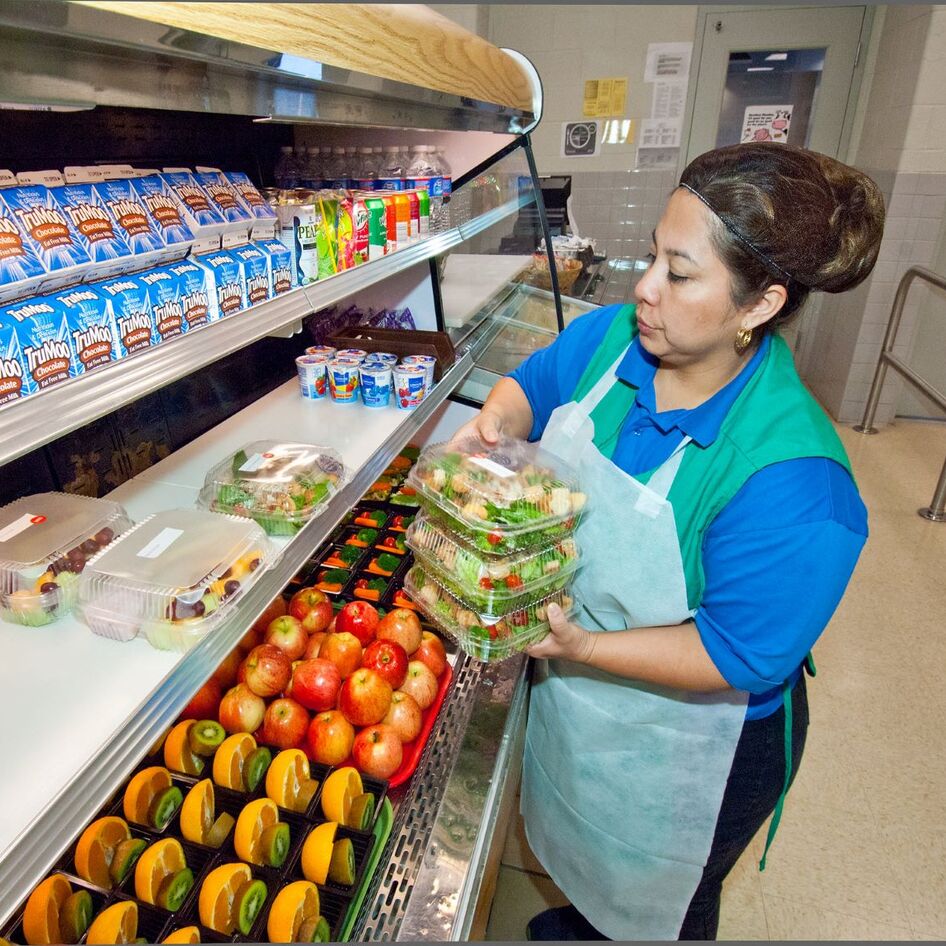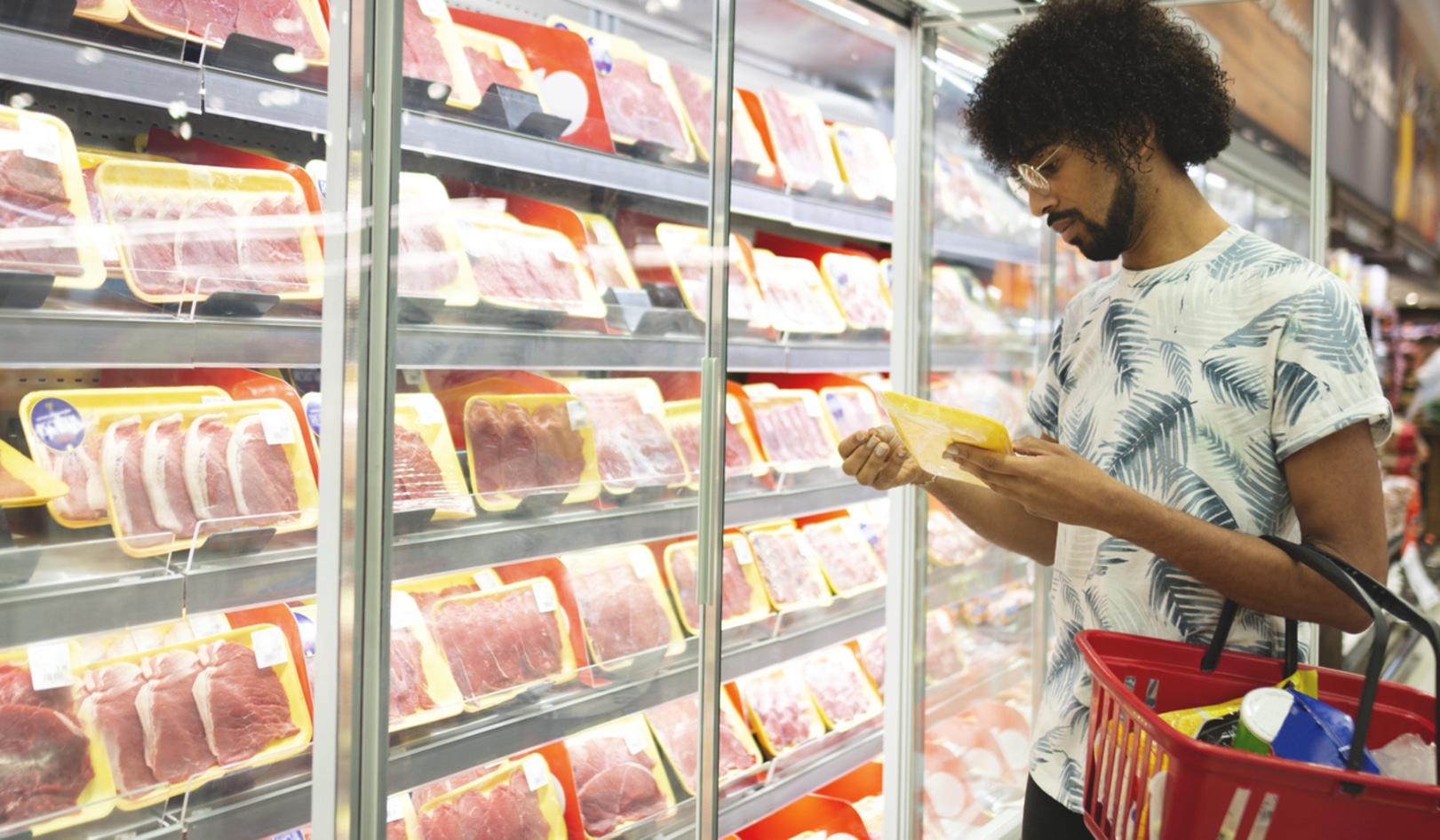Environmentally conscious consumers, empowered with knowledge of animal agriculture industry practices, rely on the transparency of companies to make informed purchasing decisions. And those who continue to consume animal-derived meat, rely on the legitimacy of animal-rearing claims. But what happens when those claims are false?
This is the topic at hand in a lawsuit filed on October 18, 2021 by the Humane Society of the United States (HSUS) against Smithfield Foods. In its suit, HSUS alleges that the pork giant misled consumers about animal abuse in its supply chain, violating the District of Columbia Consumer Protection Procedures Act.
.png)
Specifically, the lawsuit alleges that Smithfield, the world’s largest pork producer, unlawfully misled the public about having eliminated its use of gestation crates—a cruel, but common, practice in the pork industry that forces mother pigs to live in extreme confinement.
Smithfield subsequently filed a motion to dismiss the case in July 2022, which District of Columbia Superior Court Judge Yvonne Williams denied on October 24. The decision means the case will move forward toward a trial under DC’s consumer protection law—the result of which could have a ripple effect across the entire pork industry.
“We’d prefer for Smithfield and other companies to treat their animals humanely, but with lawsuits like this, we can at least stop them from deceiving consumers when they don’t,” Matthew Penzer, special counsel for the HSUS Animal Protection Law department, tells VegNews.
“Companies that pledge to end cruel practices should meet those promises,” Penzer says. “This is part of HSUS’s work to hold companies accountable for failing to live up to their promises to eliminate cruel practices like gestation crates.”
Next, the pre-trial discovery phase will begin, wherein both parties will investigate the facts of the case and exchange information in preparation for the trial.
Smithfield flip flops on gestation crates
In 2007, Smithfield committed to phase out the use of gestation crates over the coming decade, a promise it reneged on just two years later. After an HSUS investigation into a pig farm within Smithfield’s supply chain revealed the continued use of gestation crates for mother pigs, the pork giant recomitted to ending gestation crates by 2017.
.png)
In 2018, Smithfield falsely claimed to have eliminated the use of gestation crates within its supply chain after converting its operations to a “group housing” system wherein mother pigs are housed in groups instead of locked in individual cages.
Gestation crates are so entrenched in the industry that a phase-out period is to be expected for companies that publicly commit to ending their usage in their supply chains. When Smithfield continued to utilize gestation crates and continued to misrepresent these practices to consumers, the issue of transparency arose.
“Many companies have committed to eliminating these cruel crates over a certain time period,” Penzer says. “But what companies can’t do is lie to consumers when they fail to meet those commitments.”
The lawsuit against Smithfield isn’t the only animal welfare case HSUS is currently involved in with the pork industry. Jon Lovvorn, senior vice president and chief counsel for the HSUS Animal Protection Law department, recently sat at the counsel table to defend California’s Proposition 12 during oral arguments for the Supreme Court of the United States.
In this case (National Pork Producers Council (NPPC) vs. Karen Ross, the Secretary of the California Department of Food and Agriculture), the pork industry is aiming to overturn legislation that California voters passed to remove a set of cruel practices, including gestation crates, from meat production.
Will SCOTUS keep cruelty as the status quo?
In 2018, Californians voted to pass Proposition 12 (the “Farm Animal Confinement Initiative”) and since then, lobbyists in the meat industry have challenged its implementation and constitutionality at every turn. The historic legislation afforded farmed animals welfare-based protections, which groups such as the NPPC have argued place an “undue burden” on pork producers.
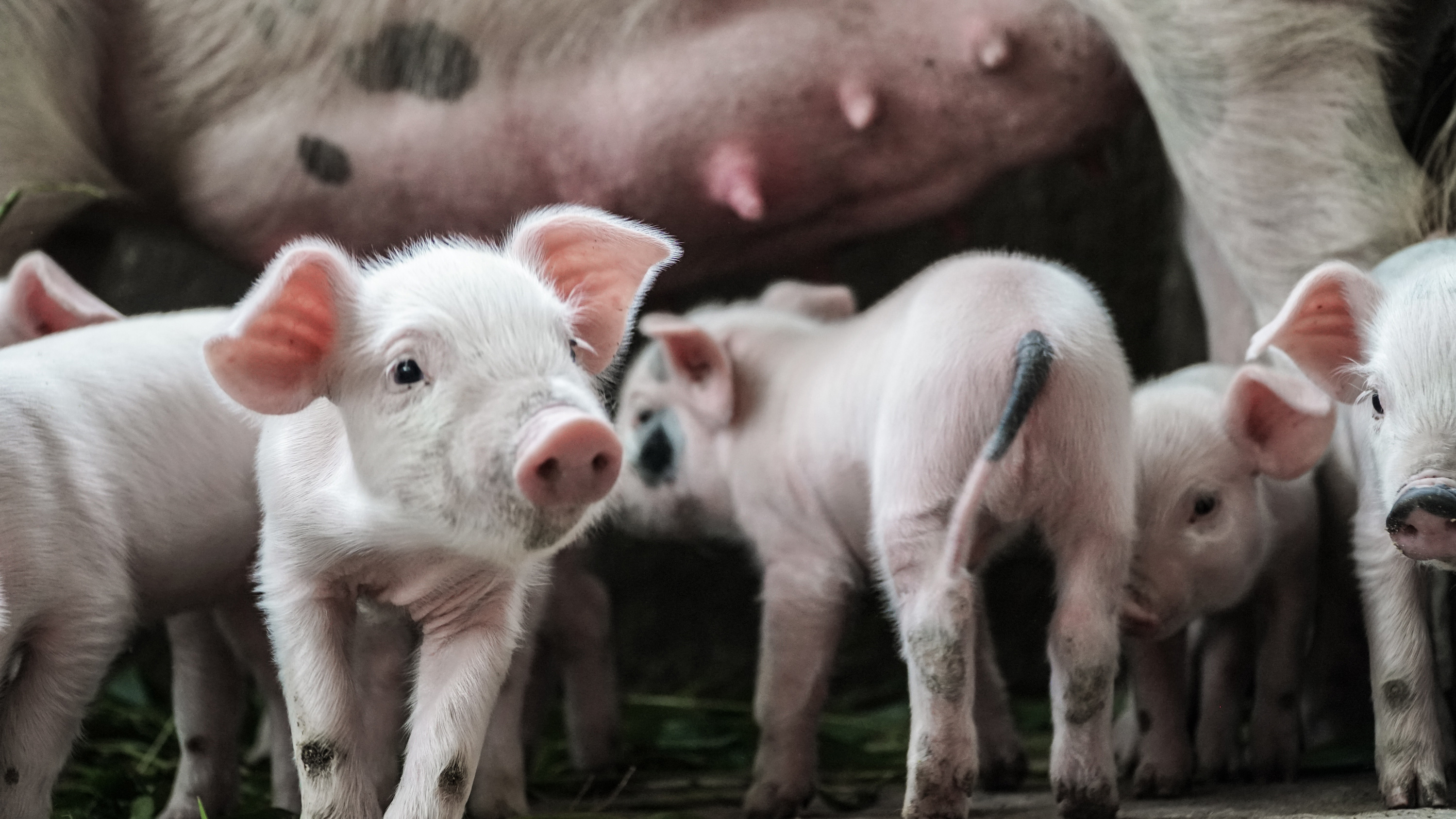
Prop 12 built upon the California voter-approved Proposition 2 (“Prevention of Farm Animal Cruelty Act”) in 2008 and established new minimum requirements for farmers to provide more space for egg-laying hens, breeding pigs, and calves raised for veal. The measure also prohibited the sale of eggs, pork, and veal not produced in accordance with these new welfare standards.
In December 2019, the American Farm Bureau Federation (AFBF) joined the NPPC to file a legal challenge to Prop 12 at the US District Court for the Southern District of California level, though the case was dismissed.
In June 2021, SCOTUS rejected a lawsuit from the lobby group North American Meat Institute, which argued that Prop 12 violated the Commerce Clause of the US Constitution. HSUS and a coalition of animal protection groups stepped in to intervene in the lawsuit on behalf of the State of California to defend Prop 12.
A month later, the United States Court of Appeals for the 9th Circuit unanimously ruled against the NPPC and the AFBF’s challenge against Prop 12, which HSUS again legally sought to defend.
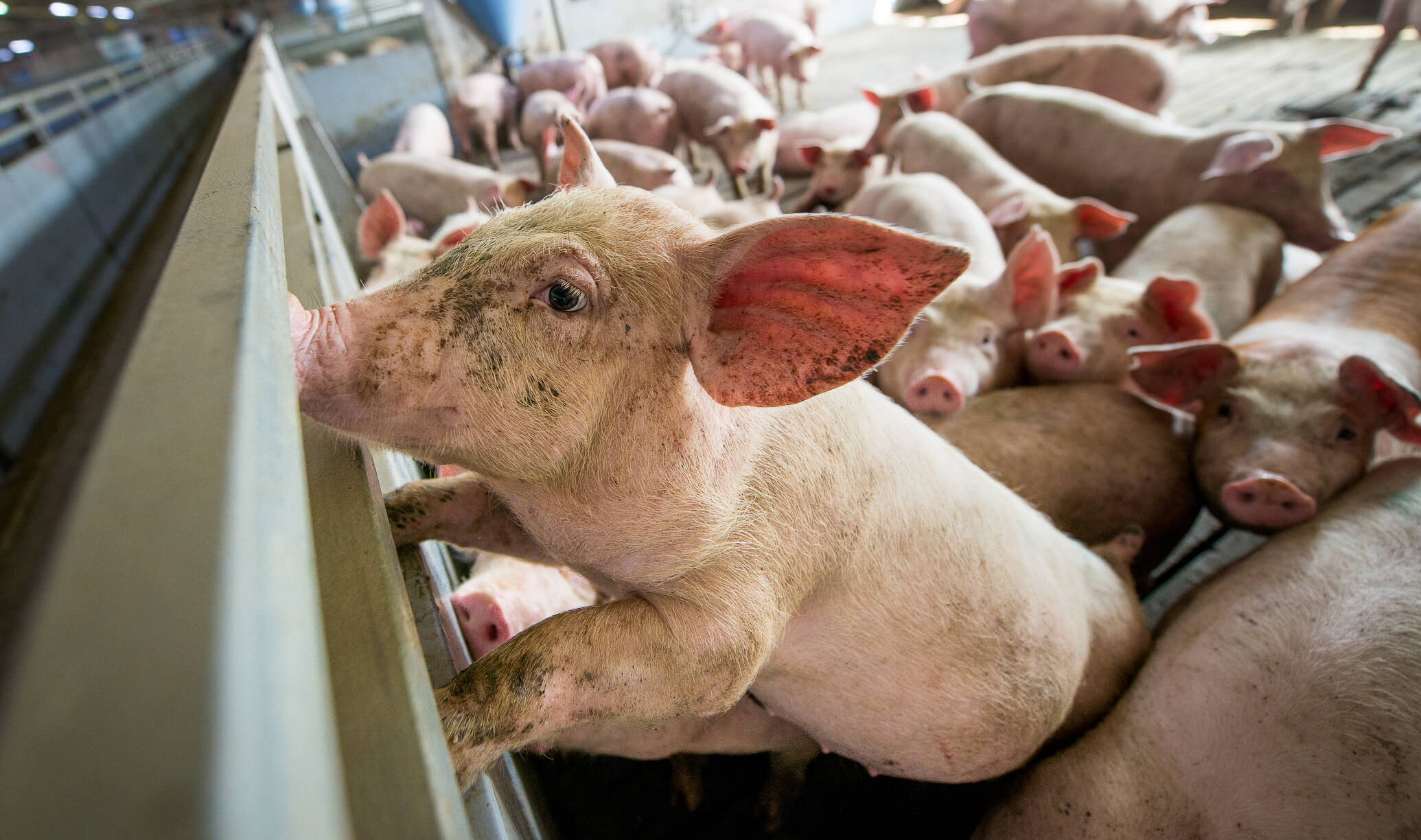
Though Prop 12 eventually went into effect on January 1, 2022, later in the month a temporary halt on the enforcement of the prohibition on pork from gestation crates was ordered by the Superior Court for Sacramento County for a period of 180 days, at which point the California Department of Food and Agriculture would issue final regulations for enforcement of Prop 12.
In March, SCOTUS agreed to hear the legal challenge filed by NPPC against Prop 12. In July, the Biden Administration filed Amicus Briefs in support of the case, which garnered praise from the NPPC. And on October 11, the Supreme Court heard oral arguments in the case of NPPC vs. Karen Ross.
What’s next? The October 11th proceedings lasted nearly double the amount of time scheduled, underscoring both the lengthy history of opposition from the meat industry as well as the long road ahead to the trial’s conclusion. A decision from SCOTUS is not expected until some time in 2023.
For the latest vegan news, read:
JUMP TO ... Latest News | Recipes | Guides | Health | Shop

